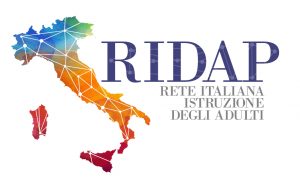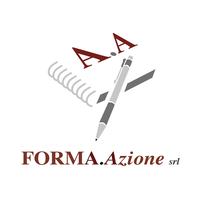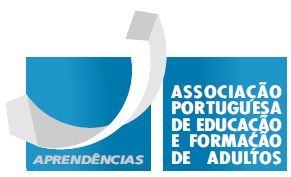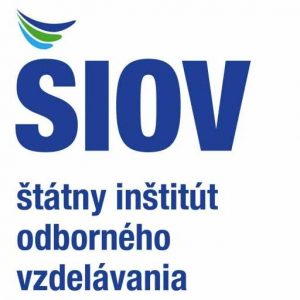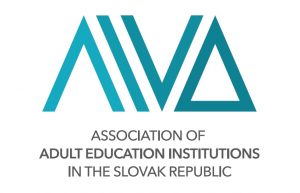Peer review VISIT
Guidance
Brief description of the main purposes and contents
Identification and definition of the objectives and purposes of the review. Planning of activities (times, procedures, tools). Identification of the resources needed to carry out the tasks.
Organization of a peer review visit to a CPIA.
Reasons why the project / program is considered a “good practice”
The presence of potentially sustainable elements, in particular the possibility of adaptation to cultural / linguistic specificities and reusability in different contexts or with different target groups.
Managing authority / organisation
RIDAP National Network and FORMA.AZIONE education and training provider.
Main target group
Adult people in general
Source of funding
Direct European funds
Stakeholders involved
Other VET and Adult Education providers, adult learners.
Contribution of the practice in improving / promoting the social inclusion of the beneficiaries
Through the possibility of adaptation to cultural / linguistic specificities and reusability in different contexts or with different target groups.
Elements of the project / program that could be easily transferred to other contexts
The elements regarding the evaluation that concern some themes developed by the RAV (Self-assessment report) and PTOF (Three-year plan of the school educational offer) of the institutes.
Other potential target groups to which the project / program could be extended
Students attending lower secondary school and upper secondary school.
Practical evaluation carried out
Yes.
Results and measures taken following evaluation
Evaluation is still in progress.
Participation data
4 Peers, trained according to the European Peer Review Methodology; 6 staff mambers of the CPIA of L’Aquila (Public Adult Education Centre).
Description of the methods of implementation and any recommendations
The European Peer Review methodology is a Quality Assurance approach, based on the contribution of adult education professionals in equal standing (Peers) to each other, based on a combination of self and external evaluation, so to support Adult Education providers in constantly improving their provision, through Peers’ analysis and review. It is based on a set of given quality criteria and indicators.
Being a voluntary Quality Assurance approach, directly involving practitioners from the field, this methodology has already proven to be effective in supporting expected educational changes and development.
Through peer reviewing adult education provision and the related support services (i.e.: guidance, validation of non-formal and informal learning, reconciliation between family duties and learning and employment obligations), designed and implemented by the different National Adult Education networks, the involved Peers have the opportunity to suggest and test innovative and on-purpose solutions and approaches aimed at tackling these main challenges.
Project / program website or other online reference resources
LINK
